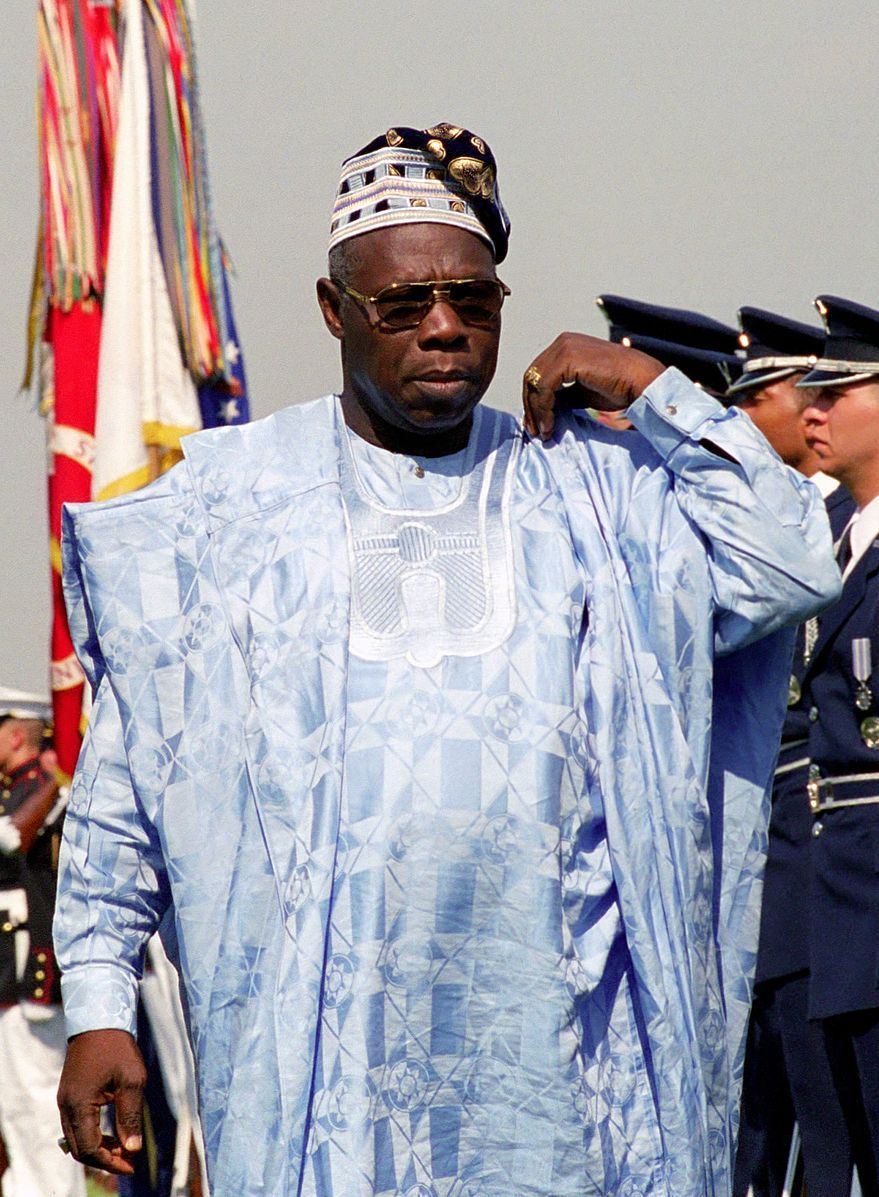Umaru Musa Yar'Adua: A Legacy of Compassion and Reform in Nigeria

Umaru Musa Yar'Adua, Nigeria's ninth president, is remembered for his commitment to social justice, compassion, and democratic reforms. Serving as president from 2007 until his untimely death in 2010, Yar'Adua faced numerous challenges but left a lasting impact on Nigeria's political landscape. This article explores Yar'Adua's life, his presidency, and the key initiatives he undertook during his tenure. From his focus on the rule of law and human rights to his dedication to resolving the Niger Delta crisis, Yar'Adua's leadership exemplified a compassionate approach to governance and set the stage for socio-economic reforms in Nigeria.
Early Life, Education, and Political Beginnings: Umaru Musa Yar'Adua was born on August 16, 1951, in Katsina, Nigeria, into a prominent political family. He obtained a degree in Education and Chemistry from Ahmadu Bello University and later pursued postgraduate studies in France. Yar'Adua's foray into politics began in the late 1970s, and he held various positions within the People's Democratic Party (PDP), including serving as the governor of Katsina State.
Presidential Ascendancy and Rule of Law: Yar'Adua's presidency commenced in 2007 after winning the presidential election. His administration emphasized the rule of law, human rights, and respect for constitutional processes. Yar'Adua advocated for an inclusive society where the rights of all citizens were protected, signaling a departure from previous administrations.
One of the notable initiatives during Yar'Adua's tenure was the establishment of the Niger Delta Amnesty Program in 2009. The program aimed to address the longstanding Niger Delta crisis by offering former militants the opportunity to surrender their weapons in exchange for training and economic opportunities. This approach contributed to a significant reduction in violence and improved stability in the region.
Health Challenges and Legacy: Yar'Adua's presidency was overshadowed by his declining health, as he battled a chronic illness that eventually led to his untimely death on May 5, 2010. Despite his health challenges, Yar'Adua made significant strides in governance and socio-economic reforms during his tenure.
Yar'Adua's administration initiated the Seven-Point Agenda, which focused on critical sectors such as power, infrastructure, agriculture, education, and healthcare. The agenda aimed to stimulate economic growth, reduce poverty, and enhance the overall well-being of Nigerians. The National Integrated Power Project (NIPP), for instance, sought to address the power deficit in Nigeria by expanding the country's electricity generation and distribution capacity.
Furthermore, Yar'Adua demonstrated a commitment to combating corruption and promoting transparency in governance. His administration strengthened anti-corruption agencies, such as the Economic and Financial Crimes Commission (EFCC), and took measures to enhance accountability and fiscal discipline.
Yar'Adua's leadership style was characterized by humility, empathy, and a genuine concern for the welfare of Nigerians. He was known for his personal touch, regularly reaching out to citizens, and engaging in grassroots initiatives. This compassionate approach endeared him to many Nigerians and set him apart as a leader who genuinely cared about the well-being of the people he served.
Umaru Musa Yar'Adua's presidency left a lasting legacy of compassion, commitment to the rule of law, and socio-economic reforms in Nigeria. Despite the challenges he faced, Yar'Adua's emphasis on inclusivity, respect for human rights, and resolving the Niger Delta crisis exemplified a compassionate approach to governance. His dedication to transparency, accountability, and anti-corruption efforts laid the foundation for subsequent initiatives in these areas. Although his presidency was cut short by his untimely death, Yar'Adua's compassionate leadership and socio-economic agenda continue to shape Nigeria's political landscape, leaving behind a legacy of empathy, social justice, and reform.


